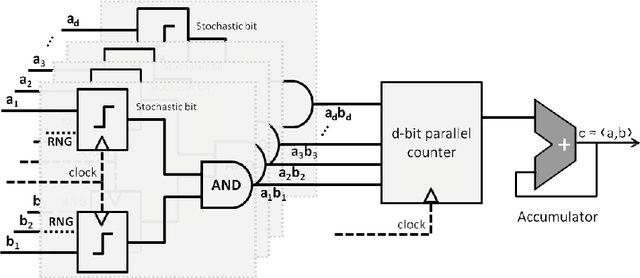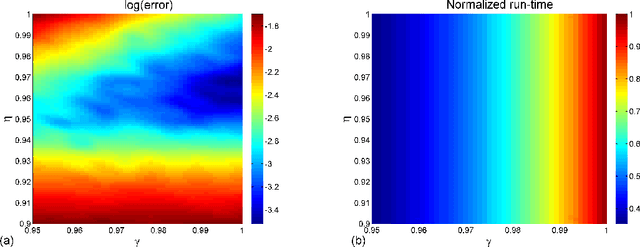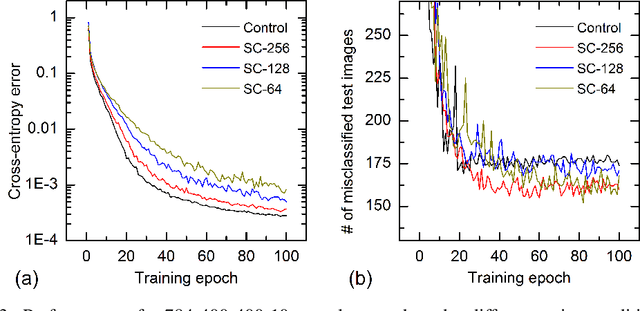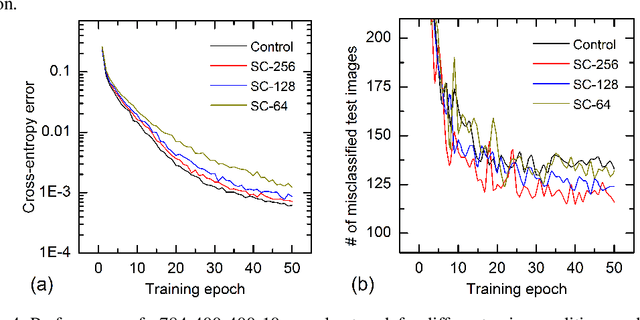Learning Machines Implemented on Non-Deterministic Hardware
Paper and Code
Sep 09, 2014



This paper highlights new opportunities for designing large-scale machine learning systems as a consequence of blurring traditional boundaries that have allowed algorithm designers and application-level practitioners to stay -- for the most part -- oblivious to the details of the underlying hardware-level implementations. The hardware/software co-design methodology advocated here hinges on the deployment of compute-intensive machine learning kernels onto compute platforms that trade-off determinism in the computation for improvement in speed and/or energy efficiency. To achieve this, we revisit digital stochastic circuits for approximating matrix computations that are ubiquitous in machine learning algorithms. Theoretical and empirical evaluation is undertaken to assess the impact of the hardware-induced computational noise on algorithm performance. As a proof-of-concept, a stochastic hardware simulator is employed for training deep neural networks for image recognition problems.
 Add to Chrome
Add to Chrome Add to Firefox
Add to Firefox Add to Edge
Add to Edge